CDT Advisory Committee on Disability Rights in Technology Policy
CDT’s Project on Disability Rights in Technology Policy is guided by our Advisory Committee, which includes leading experts in disability rights, disability justice, and technology policy. The Committee is composed of industry, policy, and academic leaders who lend their expertise to CDT’s work and inform our priorities.
****
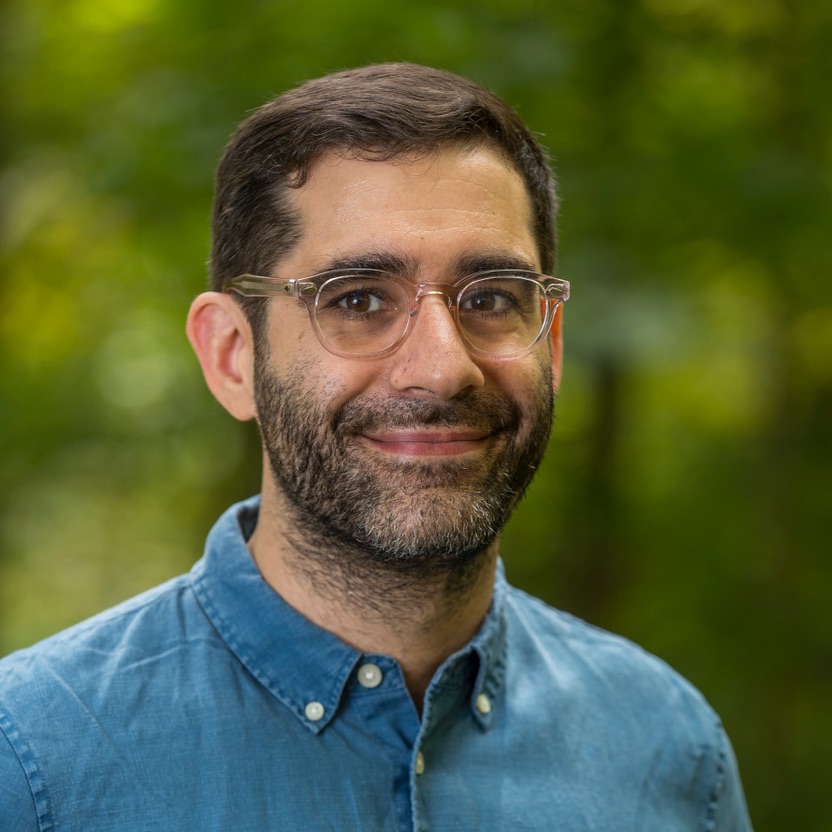
Solon Barocas
Solon Barocas is a Principal Researcher in the New York City lab of Microsoft Research, where he is a member of the Fairness, Accountability, Transparency, and Ethics in AI (FATE) research group, and an Adjunct Assistant Professor in the Department of Information Science at Cornell University, where he co-leads the initiative on Artificial Intelligence, Policy, and Practice (AIPP). His research explores ethical and policy issues in artificial intelligence, particularly fairness in machine learning, methods for bringing accountability to automated decision-making, and the privacy implications of inference. He is co-author of a textbook on “Fairness and Machine Learning: Limitations and Opportunities” and co-founder of the ACM conference on Fairness, Accountability, and Transparency (FAccT).
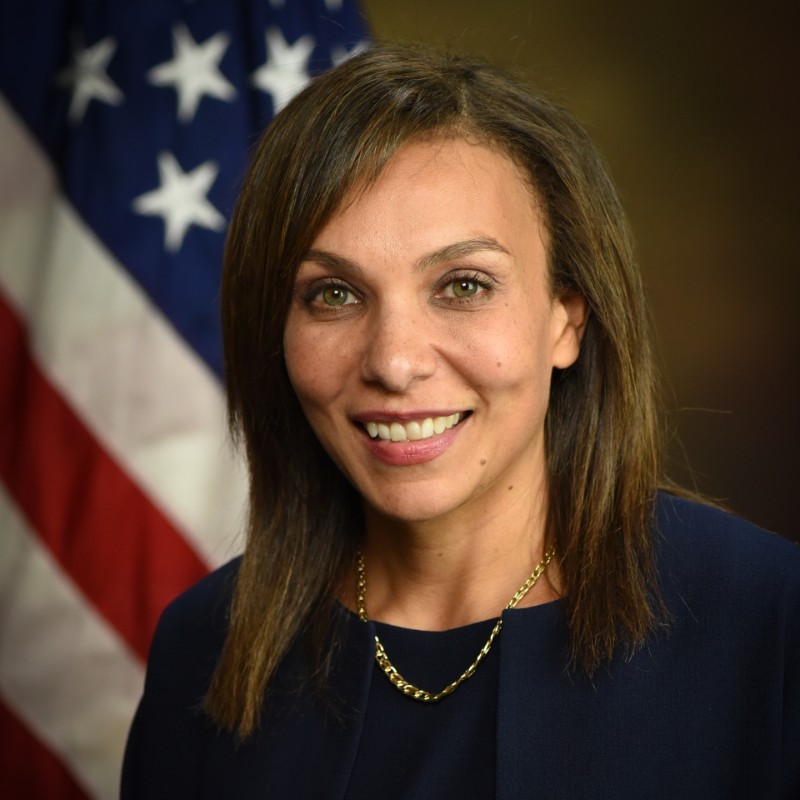
Rebecca Bond*
Rebecca B. Bond has served as the Chief of the Disability Rights Section in the Civil Rights Division of the U.S. Department of Justice since March 2013. In that capacity, Ms. Bond supervises the Section’s management team and oversees all aspects of the office’s work, including providing technical assistance and developing regulations under the Americans with Disabilities Act. In addition, Ms. Bond supervises investigations and litigation affecting all aspects of the Section’s enforcement program and leads the development and implementation of the Section’s strategic vision. Ms. Bond has also twice served as an Acting Deputy Assistant Attorney General for Civil Rights. In those positions, she was a member of the Civil Rights Division’s leadership team and was responsible for oversight of the Division’s disability rights enforcement, educational civil rights enforcement, voting rights enforcement, and Title VI interagency coordination. Ms. Bond previously served as a Trial Attorney and a Deputy Chief of the Division’s Housing and Civil Enforcement Section, taking on Fair Housing Act, sexual harassment, race discrimination, and disability cases. She also served as a Special Assistant United States Attorney representing the United States in felony and misdemeanor trials and hearings in federal court. Ms. Bond clerked and practiced in Puerto Rico and California before joining the Civil Rights Division in 2000. She is a graduate of Harvard Law School and Yale University.

Henry Claypool
Henry Claypool works as an independent consultant, applying his knowledge of disability policy in the technology and healthcare fields. His early career included providing direct services to disabled people in the community. He uses this experience to inform his work, shaping federal policy that governs programs that serve the population. His public service includes being director of the Office on Disability and senior advisor for disability policy to the Secretary of HHS from 2009 – 2013 when the department implemented the Affordable Care Act and organized its aging and disability programs into the Administration for Community living. In a previous tour of duty, he served as the senior advisor for disability policy to the Administrator of the Centers for Medicare and Medicaid Services from 1999 – 2001 while the department issued guidance on the Supreme Court’s Olmstead decision.
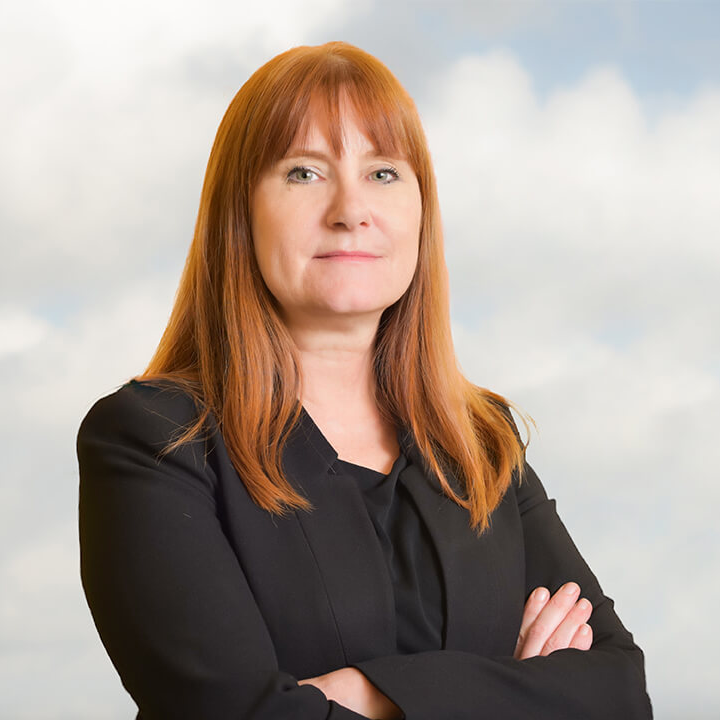
Eve Hill
Eve Hill is a partner at Brown Goldstein & Levy and founder of Inclusivity Strategic Consulting. She is also General Counsel to the National Federation of the Blind and Policy and Legislative Counsel to the State Exchange on Employment and Disability. Eve has decades of experience implementing the Americans with Disabilities Act and other disability rights laws through consultation, technical assistance, training, guidance, and enforcement. She has served as a senior federal government official at the Department of Justice Civil Rights Division, as the Director of District of Columbia Office of Disability Rights, at the Burton Blatt Institute, and in academia, nonprofit, and private practice. She also has experience helping entities go beyond compliance to include disability as part of their diversity, equity and inclusion efforts. She is the co-author of a treatise and a casebook on the ADA.
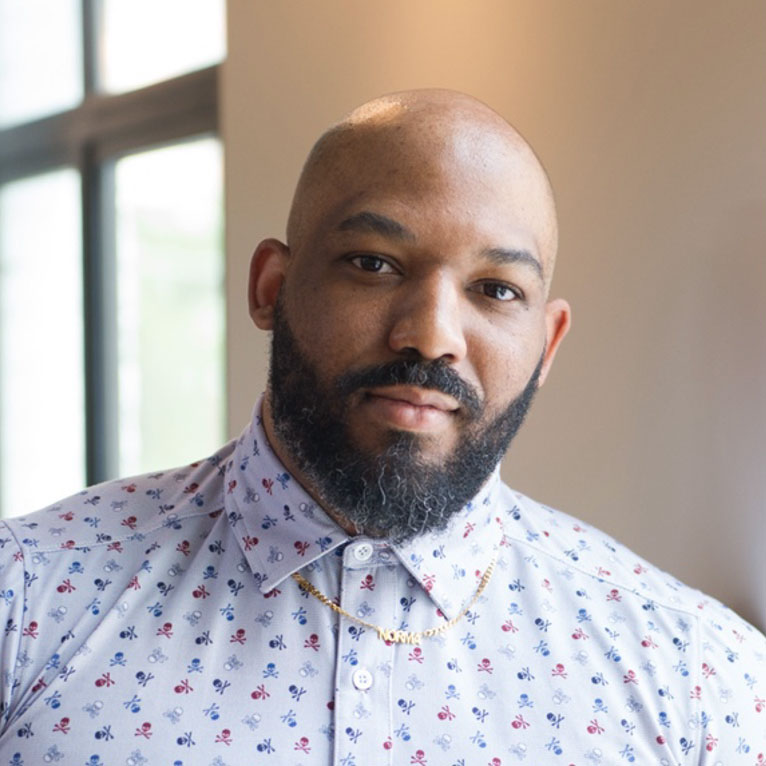
AJ Link
AJ Link (he/him) is openly autistic. He received his JD from The George Washington University Law School and his LL.M in Space Law at the University of Mississippi School of Law. He is the inaugural director of The Center for Air and Space Law Task Force on Inclusion, Diversity, and Equity in Aerospace and an adjunct professor of space law at Howard University School of Law. AJ works as a research director for the Jus Ad Astra project and previously served as the Communications Director for AstroAccess. He was the founding president of the National Disabled Law Students Association, helped found the National Disabled Legal Professionals Association, and is a commissioner on the American Bar Association Commission on Disability Rights. AJ is a policy analyst for the Autistic Self Advocacy Network. He has been actively involved with disability advocacy in the Washington, DC area and nationally within the United States.
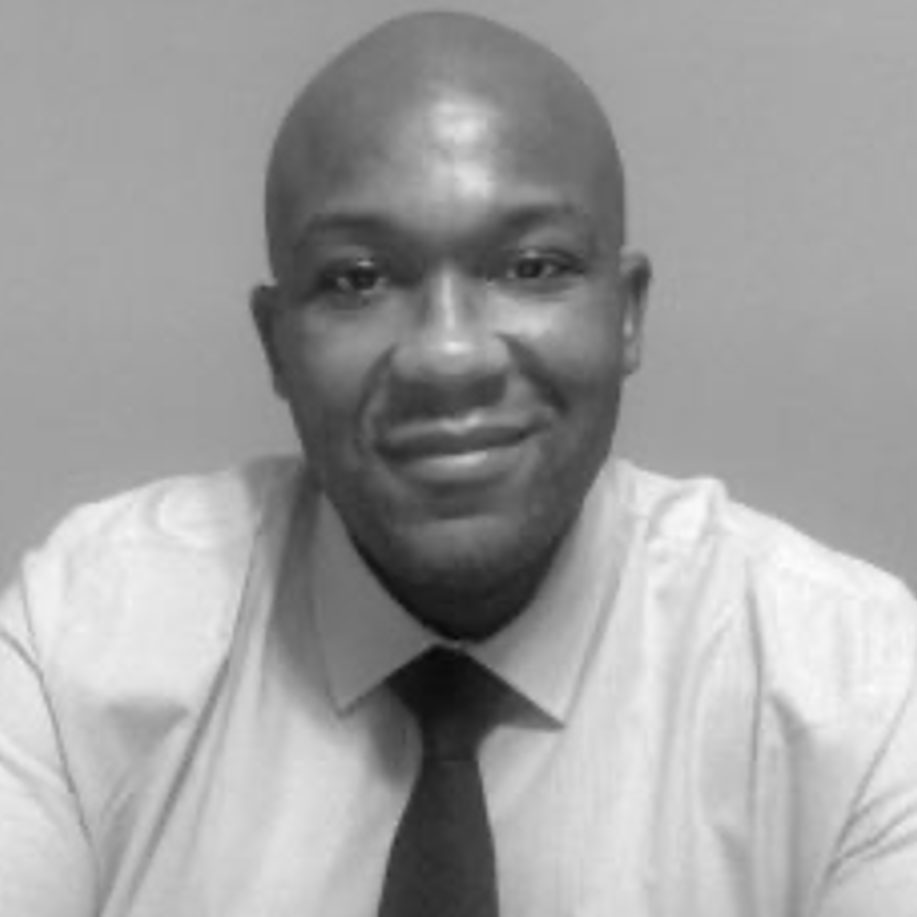
Clarence Okoh
Clarence Okoh is a civil rights attorney and racial justice advocate whose work addresses the impact of mass criminalization, algorithmic racism, and economic divestment in Black communities, with a particular focus on Black youth and young adults. Clarence is Senior Policy Counsel at the Center for Law and Social Policy (CLASP), where he leads the organization’s cross-team policy agenda to advance abolitionist approaches to community safety by challenging systems that surveil and punish economically marginalized Black, brown and Indigenous youth and their communities. He is also an inaugural member of the Just Tech Fellows at the Social Science Research Council. In this capacity Clarence leads an interdisciplinary advocacy project that blends legal research and analysis, public policy advocacy, and public education strategies to challenge the use of algorithmic technologies, including artificial intelligence (AI), that criminalize Black and brown youth and systematically violate their civil and human rights.
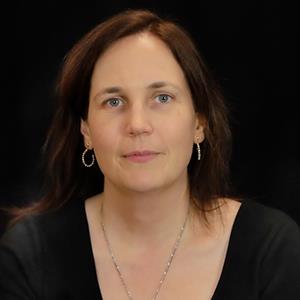
Rylin Rodgers*
Rylin Rodgers serves on Microsoft’s Accessibility Team as a Disability Policy Advisor. She strives to impact disability policy in the areas of technology, workforce and fundamental rights. Rylin’s work is influenced by her lived experiences with disability. She is dyslexic and has idiopathic pulmonary fibrosis, and the mother of two young adults with physical disabilities and medical complexity. Her family is ALL IN for disability policy!

Megan Schuller
Megan E. Schuller (she/her) is the Legal Director of the Bazelon Center for Mental Health Law, an organization dedicated to advocating for the civil rights, full inclusion, and equality of adults and children with mental health and intellectual disabilities through high impact litigation, public policy advocacy, and technical assistance. She has spent the entirety of her career litigating cases to enforce the rights of people with disabilities and reform public service systems, including for over a decade enforcing the Americans with Disabilities Act at the U.S. Department of Justice in the Civil Rights Division. She speaks frequently on how algorithms and artificial intelligence can lead to disability discrimination, including in the criminal legal and family regulatory systems, and how the Americans with Disabilities Act applies. Schuller has also served as a Special Assistant U.S. Attorney in the District of Columbia and worked at an international law firm with a robust civil rights practice, where she first found her means for fighting injustice. She has a B.A. from Yale University and a J.D. from the University of California at Berkeley.
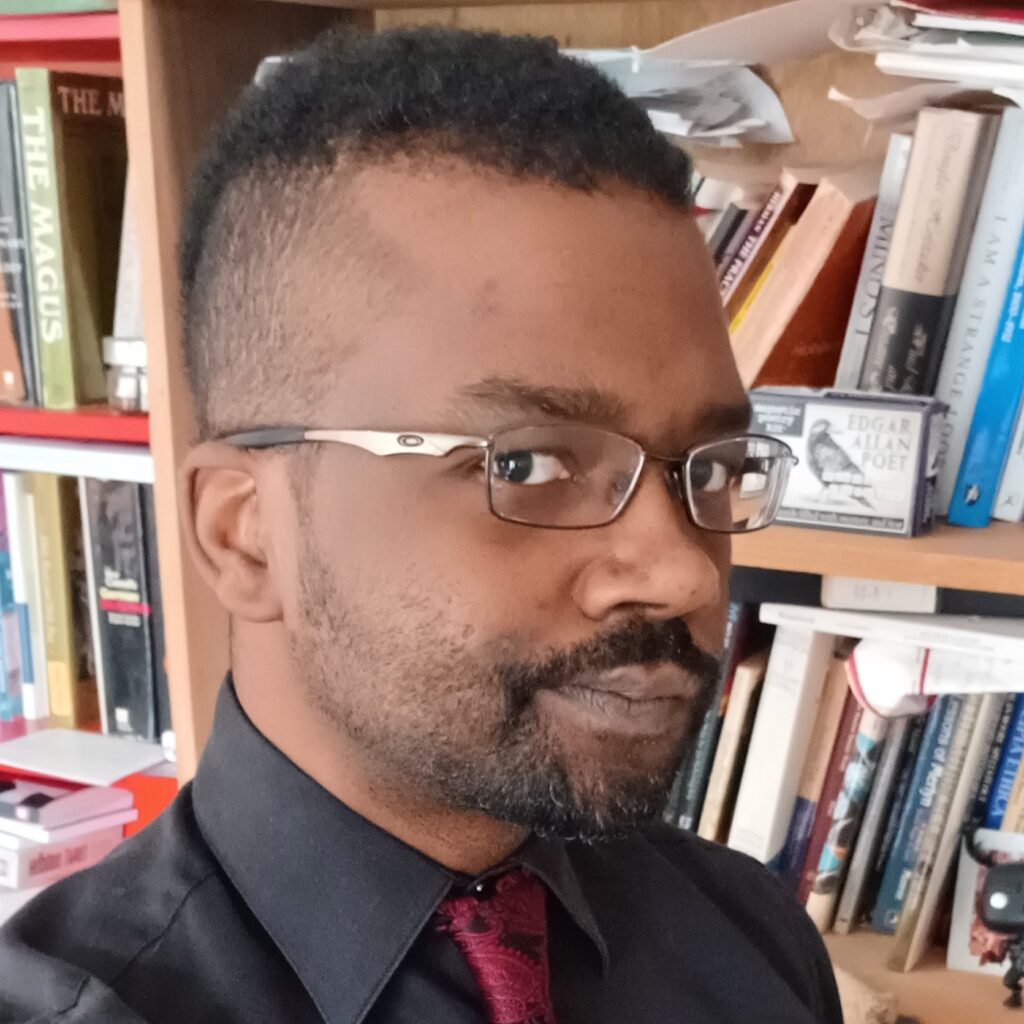
Damien Patrick Williams
Dr. Damien Patrick Williams is an Assistant Professor of Data Science and Philosophy at the University of North Carolina at Charlotte, where he teaches and researches how technologies such as algorithms, machine intelligence, and biotechnologies are impacted by the values, knowledge systems, philosophical explorations, social structures, and even religious beliefs of human beings. Damien has a PhD in Science, Technology, and Society from Virginia Tech, and an MA from Georgia State University in Philosophy and Religious Studies, specializing in the intersection of philosophy and the comparative study of religion, with a focus on occult theory and method. All of Damien’s research is concerned with how the knowledges and experiences of marginalized peoples affect, and should be centered within, the technosocial structures of human societies.
* Indicates that the individual is operating in her personal capacity.